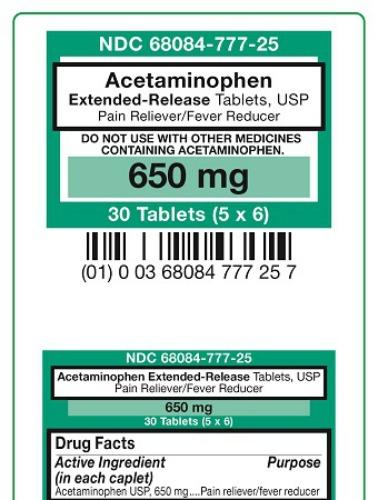

However, it doesn’t show the actual odds of something occurring. Relative risk is when the chance of something happening is compared between two groups and usually expressed as a percentage. The researchers say they found strong evidence that use of acetaminophen for 28 days or more during pregnancy is associated with a 30 percent increase in relative risk for ADHD and a 20 percent increase in relative risk for ASD, compared with women who didn’t take acetaminophen during pregnancy.

The study, led by Ilan Matok, PhD, head of the Pharmacoepidemiology Research Lab at the Institute for Drug Research, School of Pharmacy at the Hebrew University Faculty of Medicine, as well as doctoral student Reem Masarwa, was published in the American Journal of Epidemiology. The research was conducted at the University of Jerusalem and involved more than 100,000 women, with a follow-up period of 3 to 11 years. New evidence suggests prolonged use might have serious effects on unborn children.Ī recent Israeli study finds that prolonged use of acetaminophen may be linked to an increased risk of both autism spectrum disorder (ASD) and attention deficit hyperactivity disorder (ADHD). The compound, sold under the brand name Tylenol, is usually considered safe during pregnancy.

Acetaminophen is one of the most common treatments used by pregnant women for pain and fever.


 0 kommentar(er)
0 kommentar(er)
